Oral hygiene is crucial for everyone, including infants and toddlers. Many parents wonder when they should start brushing their baby’s teeth and how to establish good dental habits early on. Here’s a guide to help you understand when and how to start brushing your baby’s teeth.
Other Topics You Might Like
Helpful Products You Might Like
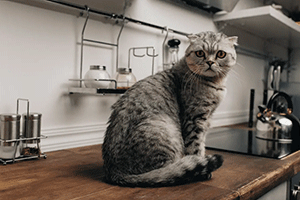
Product Name

Product Name
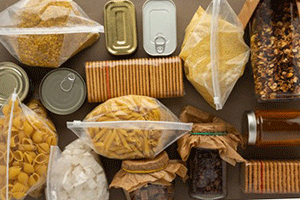
Product Name
"(Paid Links)" 
Before the First Tooth Appears
It’s a good idea to start cleaning your baby’s gums even before the first tooth appears. Use a soft, damp cloth or a piece of gauze to gently wipe your baby’s gums after feedings. This helps remove bacteria and gets your baby used to having their mouth cleaned.
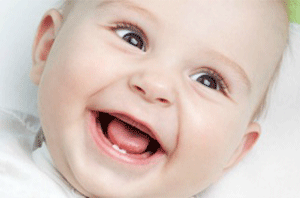
When the First Tooth Erupts
As soon as your baby’s first tooth appears, it’s time to start brushing. Typically, the first tooth emerges around six months, but it can vary. Use a soft-bristled, infant-sized toothbrush and a tiny smear of fluoride toothpaste, about the size of a grain of rice. Gently brush the tooth and gums twice a day, especially after the last feeding of the day.
Establishing a Routine
Make brushing a part of your baby’s daily routine. Brushing in the morning and before bedtime helps establish a habit that will continue as they grow older. Singing a song or making brushing a fun activity can help your baby enjoy the process.
Amount of Toothpaste
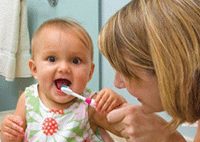
Until your child is three years old, use only a smear of fluoride toothpaste the size of a grain of rice. From ages three to six, you can increase the amount to a pea-sized dollop. Ensure your child spits out the toothpaste and doesn’t swallow it.
Supervision and Assistance
Young children need help with brushing to ensure they are cleaning their teeth effectively. Supervise and assist your child with brushing until they are about six years old or can brush their teeth thoroughly on their own. Encourage them to brush for at least two minutes each time.
Flossing
Once your baby has two teeth that touch, it’s time to start flossing. Gently floss between the teeth once a day to remove food particles and plaque. Flossing can be challenging, so you might need to help your child until they can do it independently.
Regular Dental Visits
Schedule your baby’s first dental visit by their first birthday or within six months of their first tooth erupting. Regular dental check-ups are essential to monitor your child’s oral health and catch any potential issues early.
Healthy Diet
A healthy diet plays a significant role in maintaining good oral health. Limit sugary snacks and drinks, as they can contribute to tooth decay. Offer water, milk, and healthy snacks like fruits and vegetables.
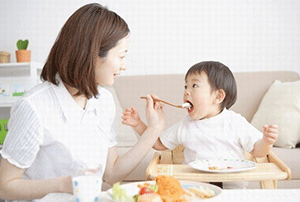
Avoiding Bottle Decay
Don’t put your baby to bed with a bottle of milk, formula, or juice, as this can lead to tooth decay. If your baby needs a bottle at bedtime, fill it with water instead.
Lead by Example
Children learn by watching their parents. Set a good example by brushing and flossing your teeth regularly. Make oral hygiene a family activity to encourage your child to follow suit.
By starting good oral hygiene practices early, you can help ensure your child’s teeth and gums stay healthy. Consistency and making brushing a positive experience will help your child develop lifelong dental habits. Remember to consult with your pediatric dentist for personalized advice and recommendations based on your child’s needs.
